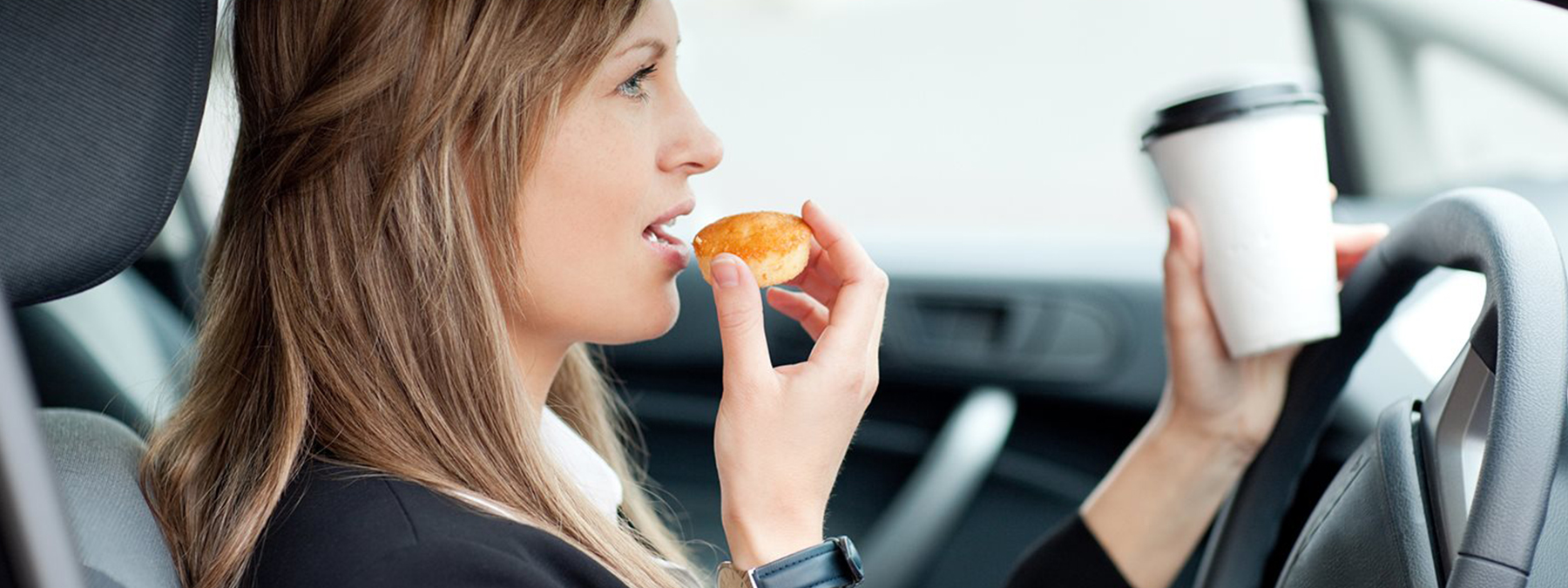Drive down most motorways in New Zealand and it won’t be long before you come across road signage promoting safe driving. Or, settle in for a night of television viewing, and one of the startling New Zealand Transport Agency (NZTA) advertisements will pop up to warn you about the dangers of speed or drug use when driving.
You would think in a culture full of prompts to drive carefully that most New Zealanders would take this advice seriously. However, according to the recent New Zealand Safe Driving Report from consumer website, Finder, 76% of respondents admitted to risky behaviour while driving. This works out at around 2.7 million Kiwis who are taking chances they shouldn’t when behind the wheel.
Some of this risky behaviour includes eating while driving (64%), driving in jandals (37%) and smoking (22%). Then, of course, there are the more hazardous behaviours like answering the phone (20%) or texting (19%). Amazingly, 1% of us admitted to watching a TV show or movie, reading the newspaper, or even shaving while behind the wheel.
Before you brush off some of these more common behaviours as harmless, it’s important to realise that anything that takes your attention off the road, or off your driving, is risky. At the speeds we travel, even a distraction of less than one second could mean the difference between having enough time to react to a danger and being too late.
If you’re answering a phone call, or reaching for something on the ground or in the backseat, for example, you’re putting your own and others’ lives at risk.
Another potential impact of risky behaviour behind the wheel is that many insurance companies won’t cover you if they consider you have been driving recklessly. Finder NZ’s Kevin McHugh says, “If you’re texting and driving and run into another car, you’ll need to foot the bill for any damages yourself. This can set you back thousands of dollars.”
While driving, it is imperative to follow the road safety rules. These include wearing your seatbelt, not speeding, being sober and alert, not using your phone and driving to the conditions. Even if you are confident of your ability to multitask when driving, it’s important to remember that you share the road with other people, who may do unexpected things behind the wheel.
A frequent real-life example is if you are driving on the motorway and you happen to be in the blind spot of a car merging into your lane. If you’re not paying attention to the road and other drivers, your split second lack of focus could have serious ramifications.
As road users, we all have a responsibility for the safety of ourselves, our passengers and other drivers. If you recognise you’re guilty of any of these risky behaviours, decide to put an end to them. And, if you’re a passenger and see your driver being distracted by any of these behaviours, strongly discourage it. It takes just a momentary lapse of concentration for an accident to occur.
